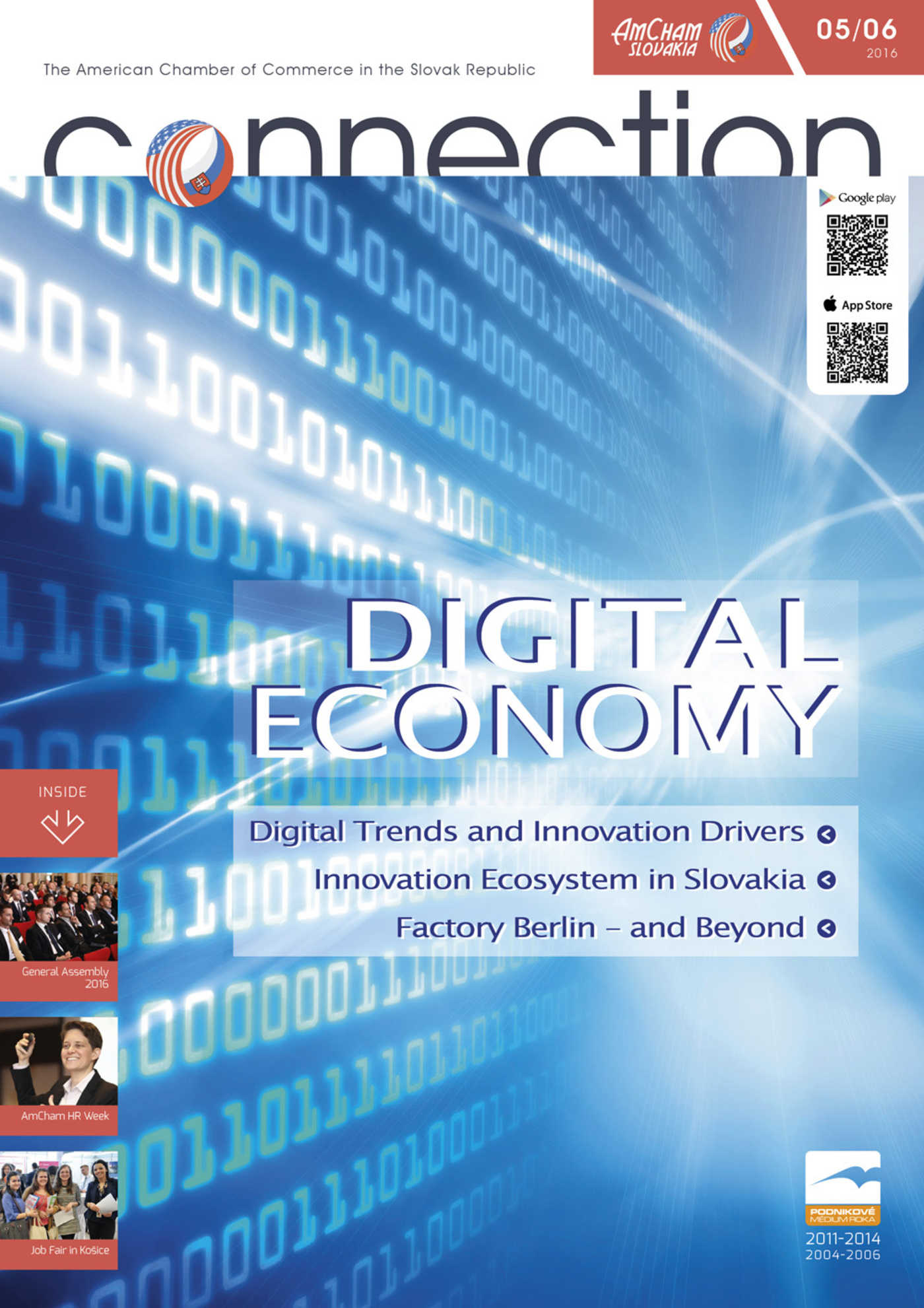Located right in the heart of Europe, Slovakia is a high-income economy that boasts one of the youngest populations in Europe. Its strong industrial heritage and developed infrastructure has led to an advanced and booming manufacturing industry. Dubbed the “New Detroit of Europe”, Slovakia is the largest car producer in the world per capita. With a production output of over a million cars per year, Jaguar Land Rover is the most recent investor to join a stack of foreign companies, including Kia, Peugeot and Volkswagen, including the exclusive Porsche Cayenne brand. The country’s automobile prowess builds on cold-war era skills sets. The 1989 collapse of the communist regime resulted in the simultaneous collapse of the defense industry as a result of the termination of Warsaw Pact contracts. Both a blessing and a curse, the country’s destitute industrial sector was quickly resurrected thanks to foreign investment. Mass unemployment was interrupted, and the automotive industry continues to represent the largest single aspect of the Slovak economy.
Seemingly in contrast to its heavy industry base, the country recently introduced a world-leading start-up strategy. The government’s initiative to help drive the innovation ecosystem strongly supports the business trends of country, whose biggest success stories are IT brands, such as ESET - the leading cyber-security company. Additionally, several of the world’s largest IT companies, including IBM, DELL, HP and Lenovo, have opened large shared-services centers in the capital city, Bratislava. Since its accession to the European Union, Slovakia has been the fastest growing member in the Eurozone for the past decade (2004-2014), in addition to being awarded the accolade for Best Conditions for Doing Business in the CEE (2012) by the World Bank. A full member of the OECD, WTO, NATO, Slovakia is the only Central European and Visegrad-4 country to employ the Euro currency. Slovakia is a regional leader, which consistently outperforms its neighbors in productivity per hour worked.
How is it that such a small and youthful country just a quarter of a century into its new-found sovereignty, has become such an over-achiever? Let’s dig a little deeper to demonstrate why this region is Europe’s best kept secret. Strategically located at the junction of East and West, the country is a natural gateway that unites the once stark geopolitical rift that divided the continent between communist planned economies and free-enterprise capitalism. However, the regional strength expands beyond its spatial coordinates, and can be found in its adaptability across time.
In less than 100 years, the country has transitioned through six different political regimes that have shaped and influenced the people and the land. The collapse of the Austro-Hungarian Empire in 1918 introduced a wave of changes, including the establishment of Czechoslovakia (1918-1938), followed by the first Slovak state under German hegemony (1939-1945), the post-war coup and imposition of communist rule (1948-1989), the collapse of the Iron Curtain and inauguration of independence in 1993, and the ‘return’ to the European family via European Union membership in 2004. The resurrection and survival of Slovakia continues to defy all odds, as well as many international expectations.
Moreover, these rapid transitions have given rise to a highly dynamic and flexible labor force that is not constrained by the same dependencies of some of its western European neighbors, whose labor forces have experienced the perks of democracy across multiple generations, but who nevertheless show complacency in the face of innovation and resistance to change. The CEE context is further enriched through the dynamic of return migration of East Europeans who return to the former Eastern Bloc. Made possible by the acquisition of supra-national citizenship rights and the principle of freedom of movement , these returning migrants infuse local markets with enhanced knowledge and skills gained in their years abroad. Armed with this globally competitive human capital, they are quickly snatched by the foreign multinationals that currently employ over 25,000 professionals.
The recent scale-up of home-grown businesses into global enterprises, such as Pixel Federation and Sygic add further impetus to Slovakia’s growth. Most remarkably, the country is the proud home of the world’s leading flying car, Aeromobil. The inventor and founders, having grown up under a regime that discouraged imagination, dreamed of being free. Born out of duress, the seeds for innovation were sown, very much mirroring the journey of a country now spreading its wings and taking flight. In July this year Slovakia will assume the Presidency of the Council of the EU. This will put Slovakia in the spotlight and enable people to get to know the country better as well as explore the many opportunities that this dynamic little country has to offer.
Slovakia’s President Kiska, himself a former finance magnate and entrepreneurial success, is a key role-model for a nation whose vision is to embody economic and not just political self-sovereignty. The establishment of an innovation ecosystem that looks to support home-grown SMEs expand globally is nevertheless a large feat that must be approached from multiple angles. This includes top-down structural reform, in addition to bottom-up transformation of local mindsets. The former Minister of Economy, Vazil Hudák, is the visionary behind this strategy. Hudák is an international Slovak success - a former Vice-President of Citibank and JP Morgan in London who returned home to spearhead this vision (with his Innovation Department deputies Zuzana Nehajová and Peter Balík).
In an economic sense, much attention has been given to the BRIC countries in recent years. Many big companies have quite rightly focused on their own Chinese and Indian strategies. Companies should, however, refresh their European strategy, and Slovakia is an excellent starting point - the new West-East Gateway.
This article recently caused a minor internet sensation among Slovaks and Slovak supporters. It was originally published by Huffington Post on April 14, source: www.huffingtonpost.com
Printed with permission from the authors, AmCham is proud to share this excellent article about Slovakia’s potential.
Michael Jacobsen, Seriel Entrepreneur; Business Author; SME and innovation expert
Zuzana Palovic, PhD Researcher at the University of Surrey



Follow us